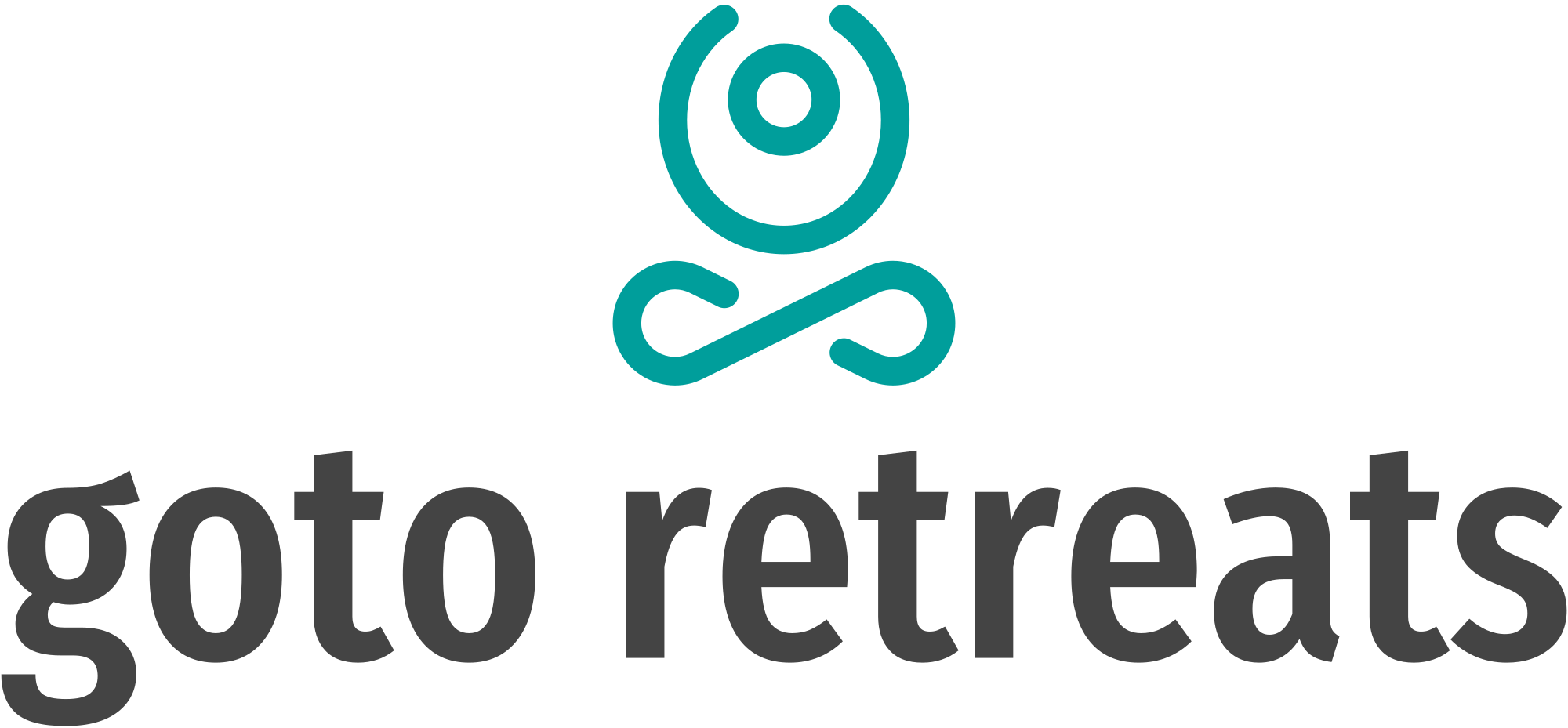In today’s globalized world, retreat organizers have a unique opportunity—and responsibility—to create environments that honor the diverse cultural backgrounds of their attendees. Cultural sensitivity in retreat planning not only makes international guests feel welcome but also enriches the retreat experience for all participants. When individuals from various cultural backgrounds come together, a well-planned retreat can foster deeper connections and mutual respect.
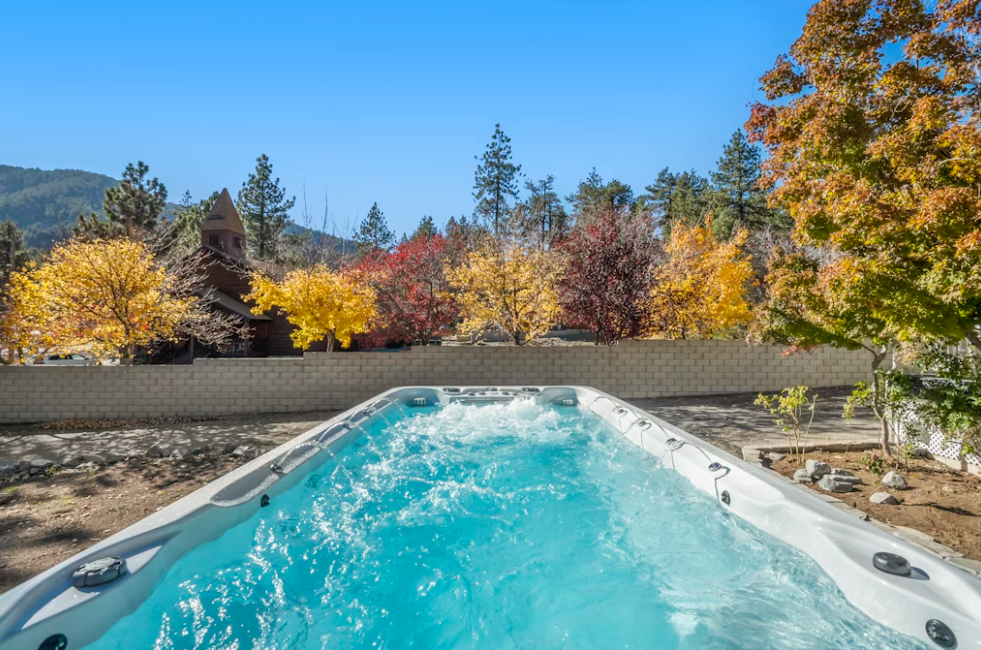
Why Cultural Sensitivity Matters in Retreat Planning?
Creating a culturally sensitive retreat goes beyond simple politeness; it’s an integral part of fostering an environment where everyone feels included and valued. Here are key reasons why cultural sensitivity is crucial:
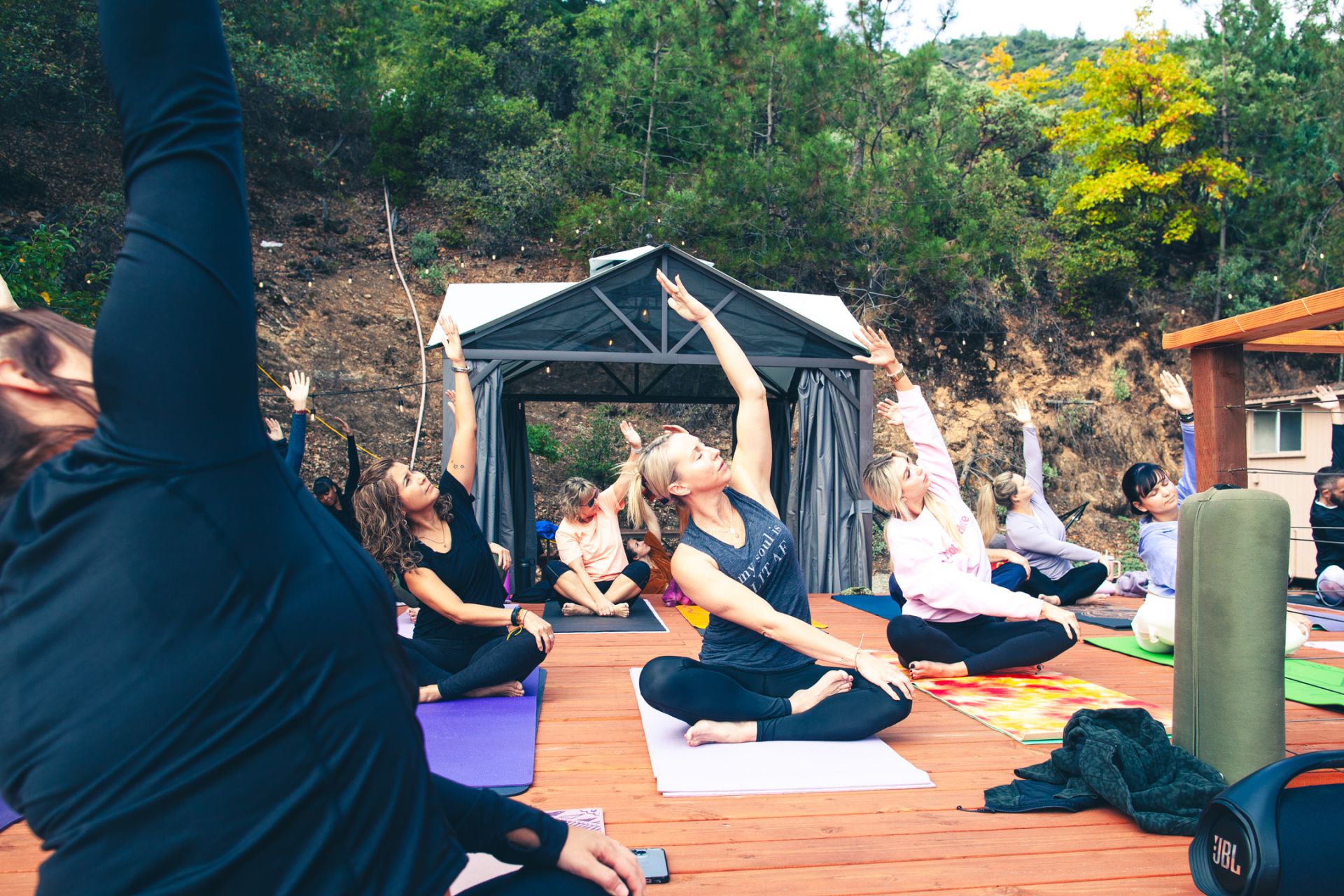
Steps to Create an Inclusive Retreat Experience
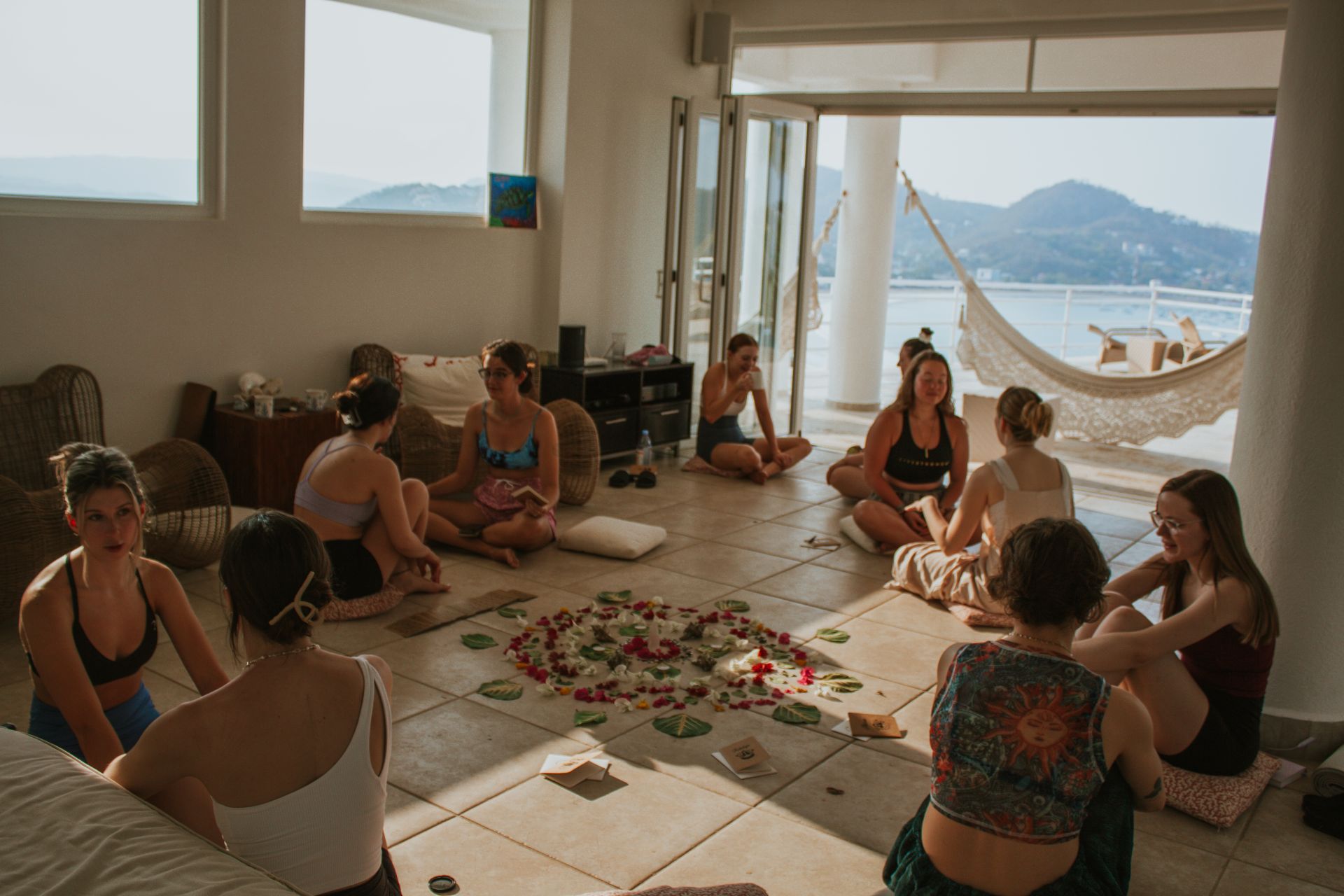
Practical Tips for Hosting International Attendees
Accommodating Dietary Needs

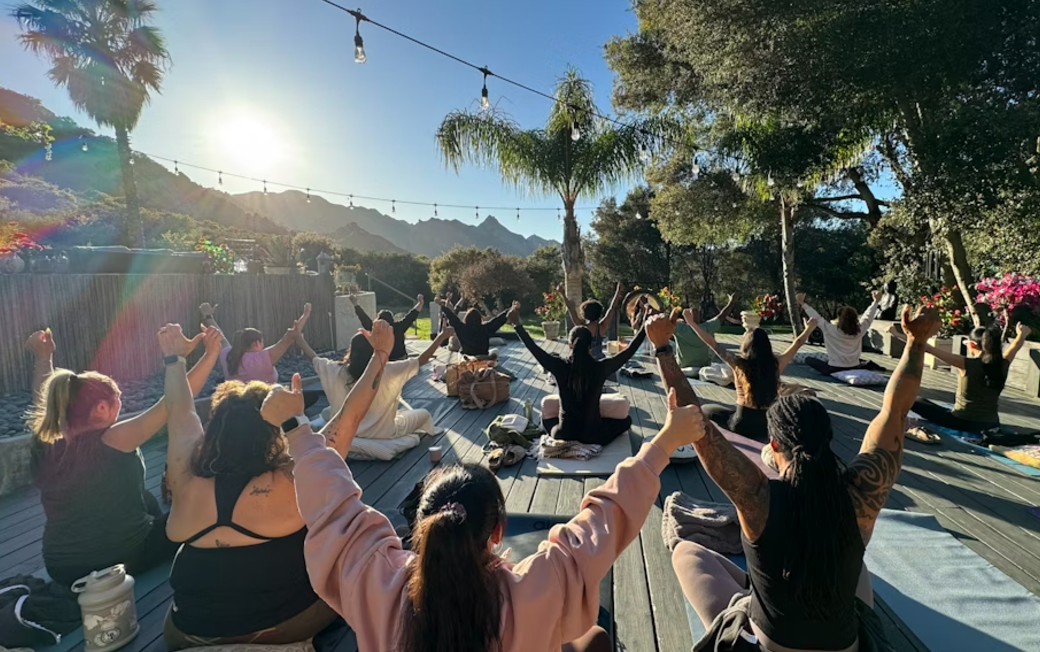
Embracing Multiculturalism in Decor and Ambiance
Conclusion
